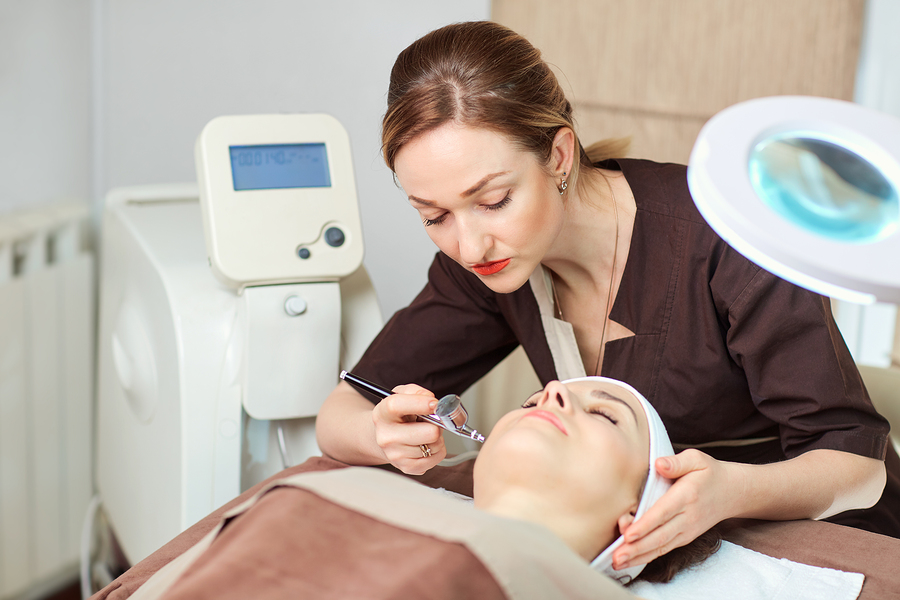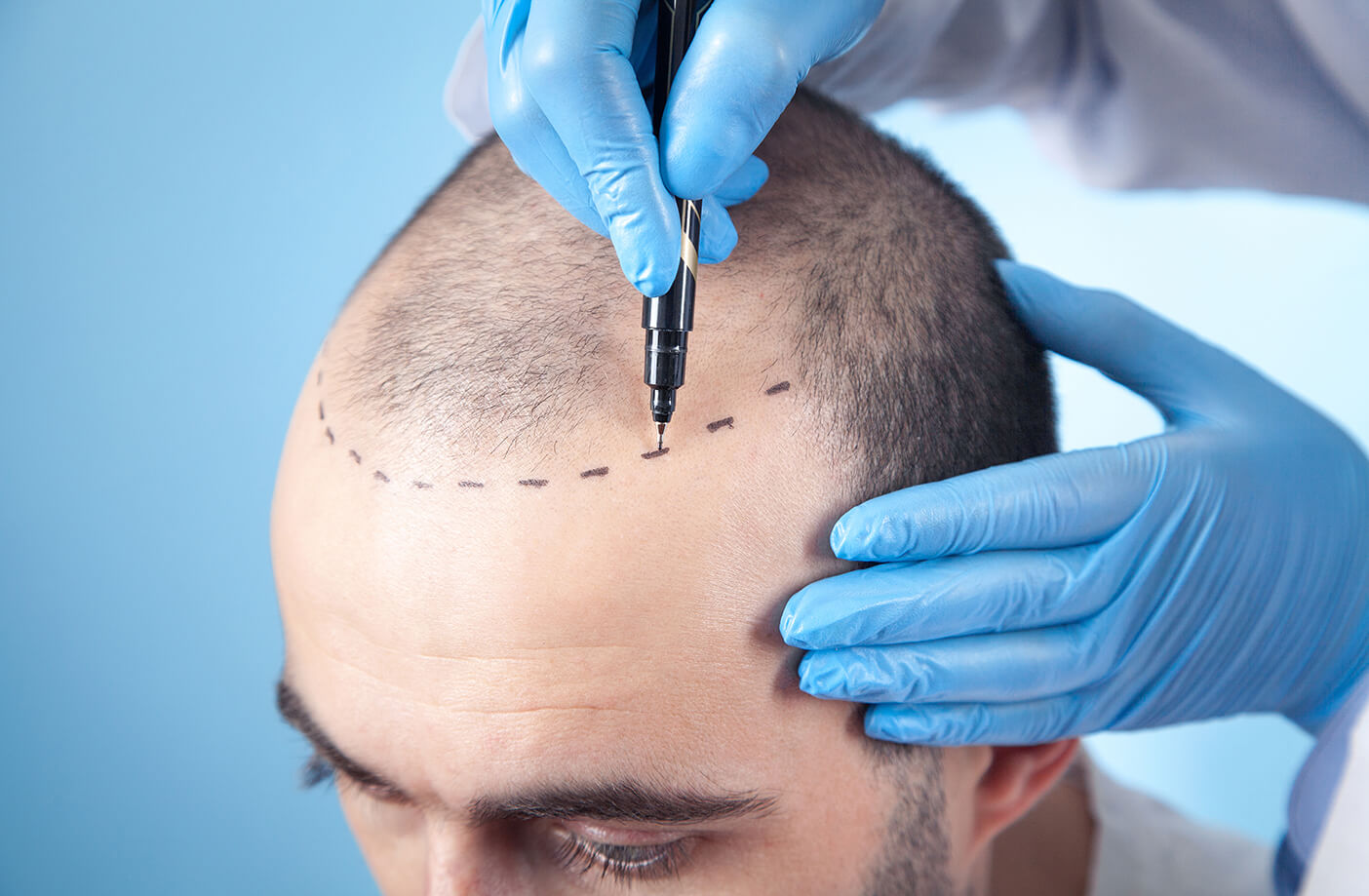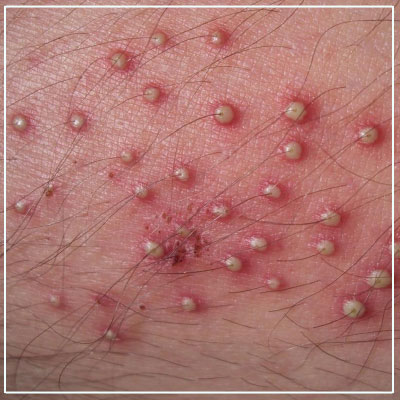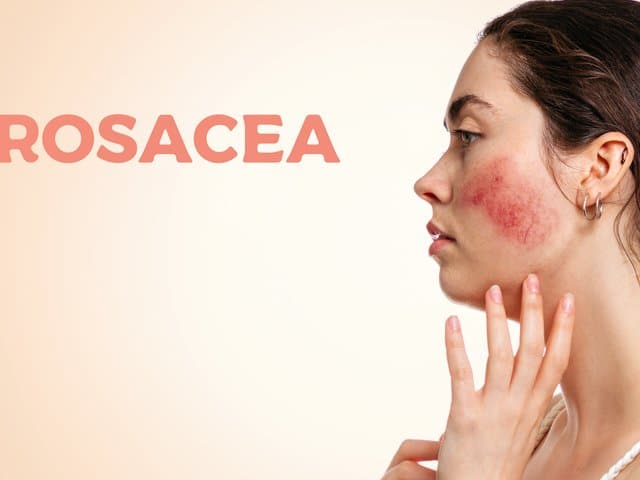You should consider seeing a dermatologist when you have concerns or conditions related to your skin, hair, nails, or mucous membranes. Dermatologists are medical specialists trained to diagnose and treat a wide range of dermatological issues. Here are some common reasons to see a dermatologist:
- Skin Conditions: If you have skin problems such as acne, eczema, psoriasis, rosacea, dermatitis, hives, or any unexplained rashes or growths on your skin, a dermatologist can help diagnose and provide treatment options.
- Skin Cancer Screening: Regular skin cancer screenings are essential, especially if you have a family history of skin cancer, a personal history of skin cancer, or if you notice any changes in moles, birthmarks, or skin lesions. Dermatologists can perform thorough skin exams and biopsies when necessary.
- Hair and Scalp Issues: If you’re experiencing hair loss, hair thinning, dandruff, alopecia areata, or any other hair or scalp problems, a dermatologist can help determine the underlying causes and recommend treatments.
- Acne Treatment: If over-the-counter acne treatments are not effectively managing your acne, a dermatologist can prescribe medications and recommend other treatments like chemical peels, laser therapy, or extraction procedures.
- Cosmetic Concerns: If you have cosmetic concerns such as wrinkles, fine lines, age spots, or want to explore options for improving the appearance of your skin, a dermatologist can offer various cosmetic procedures and treatments.
- Skin Allergies: If you suspect you have allergies related to skin contact with certain substances (contact dermatitis), a dermatologist can perform patch testing to identify the allergen.
- Chronic Skin Conditions: If you have chronic or recurring skin conditions that have not responded well to previous treatments, it’s advisable to seek the expertise of a dermatologist who can provide specialized care.
- Skin Infections: Dermatologists can diagnose and treat bacterial, viral, or fungal skin infections, such as cellulitis, herpes, or tinea infections.
- Moles and Birthmarks: If you have unusual moles or birthmarks or notice changes in their appearance, size, shape, or color, a dermatologist can assess them for potential skin cancer or other concerns.
- General Skin Care: Dermatologists can offer guidance on general skin care routines, including recommendations for sunscreen use, skincare products, and strategies for maintaining healthy skin.
- Teenage Skin Issues: Adolescents and teenagers often experience skin problems like acne, which can have a significant impact on their self-esteem. A dermatologist can provide effective treatments and advice on skincare routines.
Remember that early detection and treatment of skin conditions, including skin cancer, can lead to better outcomes. If you have concerns related to your skin, hair, or mucous membranes, or if you notice any changes in your skin,
It’s a good idea to schedule an appointment with a Dr. Deepam Shah practising at Viva Aesthetic Clinic for a thorough evaluation and appropriate care. Fees of skin specialist is usually nominal and it depends upon the skin specialist and the treatments which are available at the clinic.




